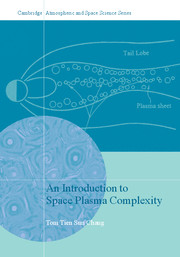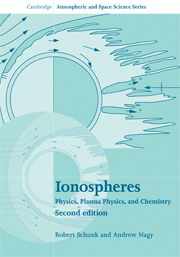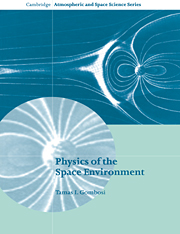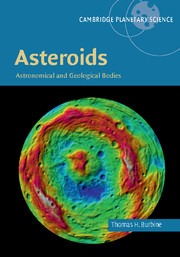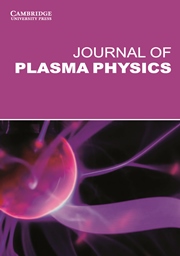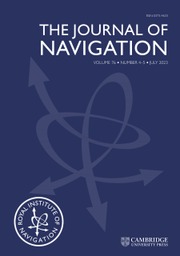An Introduction to Space Plasma Complexity
An Introduction to Space Plasma Complexity considers select examples of complexity phenomena related to observed plasma processes in the space environment, such as those pertaining to the solar corona, the interplanetary medium, and Earth's magnetosphere and ionosphere. This book provides a guided tour of the ideas behind forced and/or self-organized criticality, intermittency, multifractals, and the theory of the dynamic renormalization group, with applications to space plasma complexity. There is much to be explored and studied in this relatively new and developing field. Readers will be able to apply the concepts and methodologies espoused in this introduction to their own research interests and activities.
- The first book dedicated to this topic
- The author is an internationally renowned expert on the topic of space plasmas
- Introduces major new advances on the subject
Reviews & endorsements
'… the book is both readable and authoritative. It is written by an expert practitioner and provides a challenging and rewarding read for students as well as for professionals …' Terry Robinson, The Observatory
'[An Introduction to Space Plasma Complexity] will be primarily of special interest to students and researchers in the field of space plasma to learn how ideas coming from the theory of complexity can be applied and explain some complex phenomena occurring in the space plasma environment. Nevertheless, I believe it can be also useful for theoretical physicists and applied mathematicians interested in the applications of ideas of non-linear dynamics, statistical physics and complex systems to a field which is not sufficiently well known.' Miguel A. F. Sanjuán, Contemporary Physics
Product details
March 2015Hardback
9780521642620
192 pages
261 × 182 × 16 mm
0.66kg
77 b/w illus. 22 colour illus.
Temporarily unavailable - available from TBC
Table of Contents
- 1. Introduction
- 2. Dynamical criticality far from equilibrium and associated phenomena
- 3. Physics of complexity
- 4. Probability distribution and structure functions
- 5. Partition functions, generalized dimensions, and singularity spectra
- 6. Rank ordered multifractal analysis (ROMA)
- 7. Dynamic renormalization group and connection between criticality and multifractals
- Finale.

